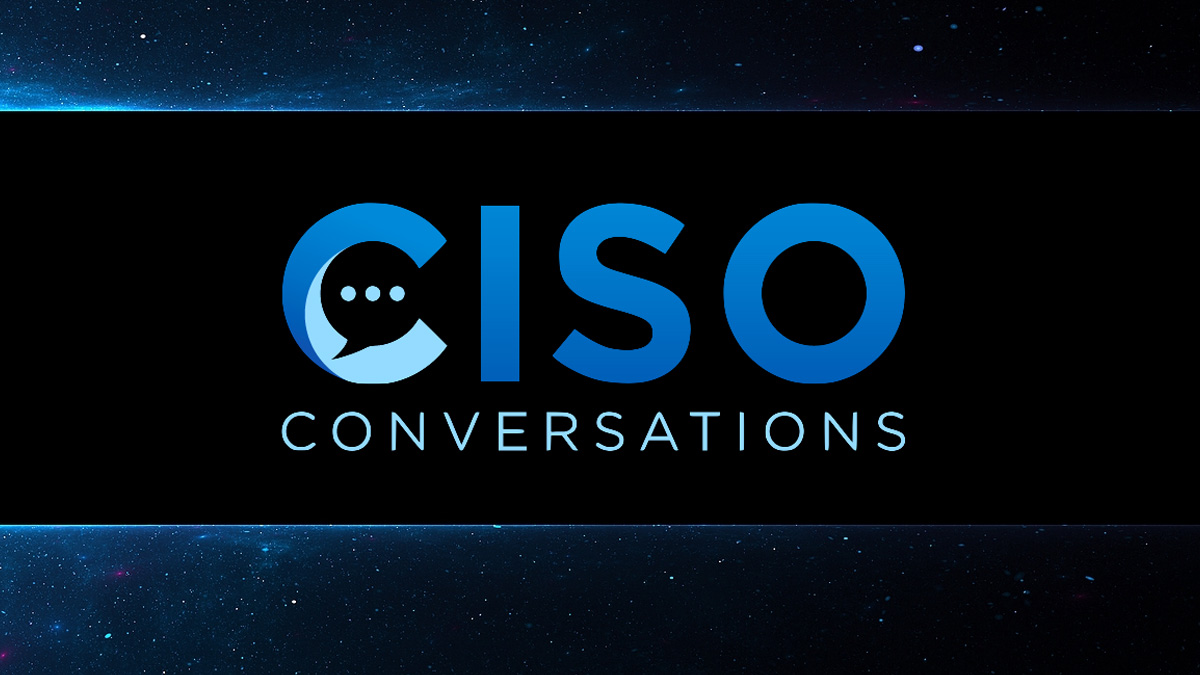The Role of Global Digital Identity Management in Telecommunications and Internet Security
Building Trust in the Digital Age: The Role of Global Digital Identity Management in Telecommunications and Internet Security
In the digital age, trust has become a paramount concern for individuals and businesses alike. As we increasingly rely on digital platforms for communication, commerce, and entertainment, the need for robust security measures has never been more critical. One of the key components in this digital security landscape is the concept of global digital identity management, particularly in the realms of telecommunications and internet security.
Global digital identity management refers to the process of creating, managing, and securing digital identities. A digital identity is essentially a collection of data attributes that uniquely identify an individual, device, or entity in the digital world. This can include everything from usernames and passwords to biometric data and behavioral patterns. In the context of telecommunications and internet security, digital identity management plays a crucial role in verifying the identities of users, ensuring the integrity of communications, and protecting against fraud and cyber threats.
The importance of digital identity management in telecommunications cannot be overstated. With the advent of 5G technology and the Internet of Things (IoT), the number of connected devices is set to explode, each requiring a unique digital identity. Managing these identities securely is crucial to prevent unauthorized access and ensure the privacy and integrity of communications. Moreover, as telecommunications companies move towards more personalized services, the ability to accurately identify and authenticate users becomes even more critical.
In the realm of internet security, digital identity management is equally vital. As we spend more of our lives online, our digital identities become targets for cybercriminals. Identity theft, phishing attacks, and data breaches are just some of the threats that individuals and businesses face. By implementing robust digital identity management systems, we can better protect ourselves against these threats. These systems can help verify the identities of users, authenticate transactions,…






